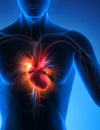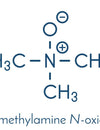No products in the cart.
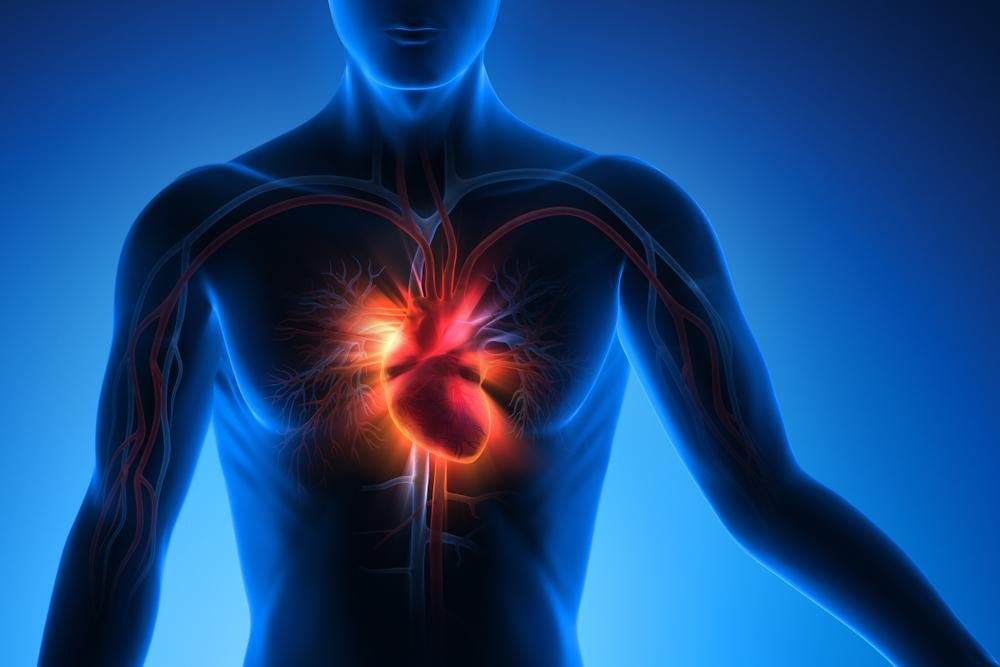
How long does it take to reduce cardiovascular risk by changing what you eat?
Posted by: Didrik Sopler
" How long does it take to reduce cardiovascular risk by changing what you eat? This research was conducted to investigate the effect on cardiovascular risk factors using only food (McDougall J, et.al., 2014). 1615 people participated in this research. The protocol was implemented for only 7 days, and...
Read more
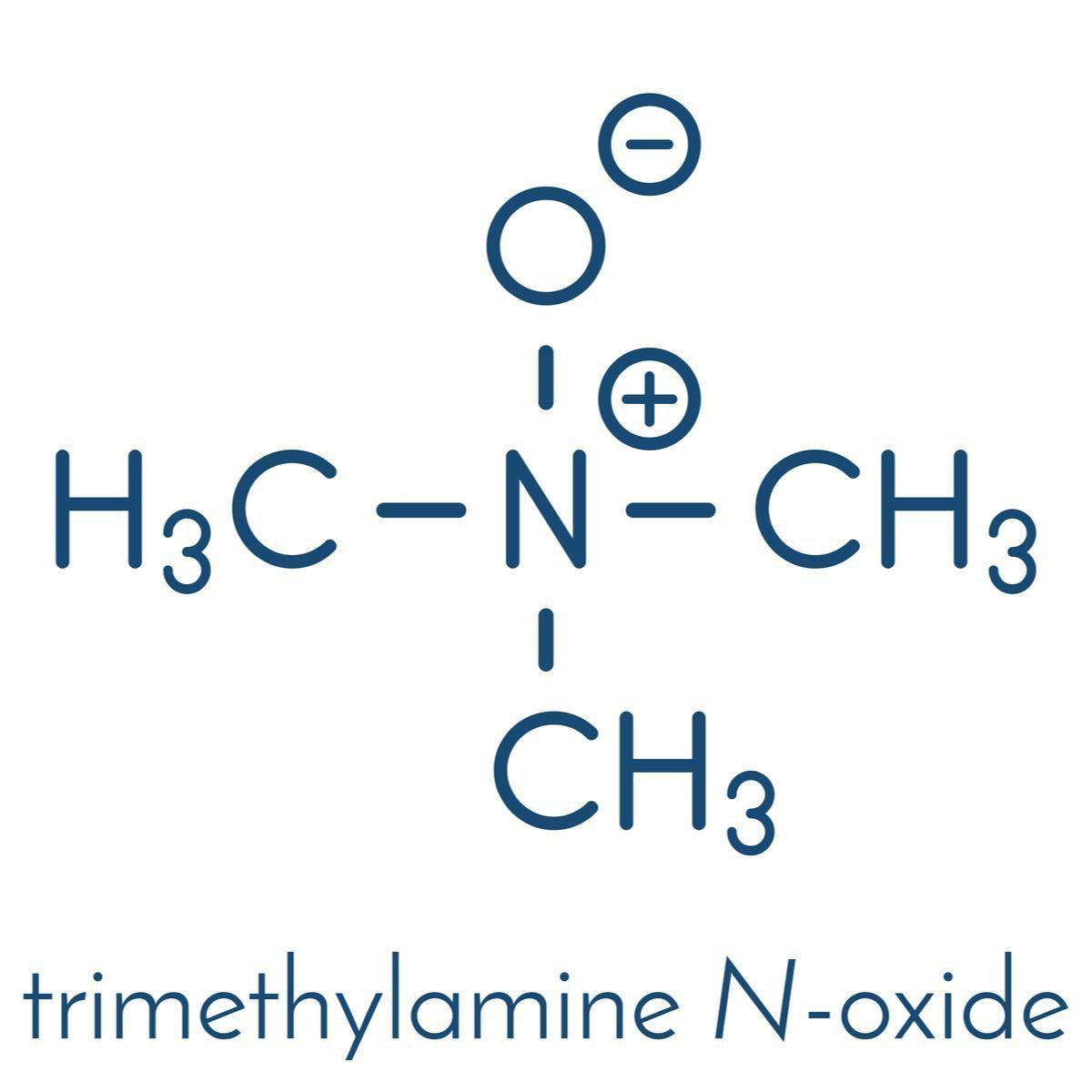
What is TMAO, and why should you avoid it?
Posted by: Didrik Sopler
What is TMAO, and why should you avoid it? The bacterial flora of the intestines convert choline into trimethylamine, which again isconverted into TMAO (trimethylamine-N-oxide) by the involvement of an enzyme fromthe liver. Choline is found in animal-derived products like eggs, dairy products, and meat.The following...
Read more
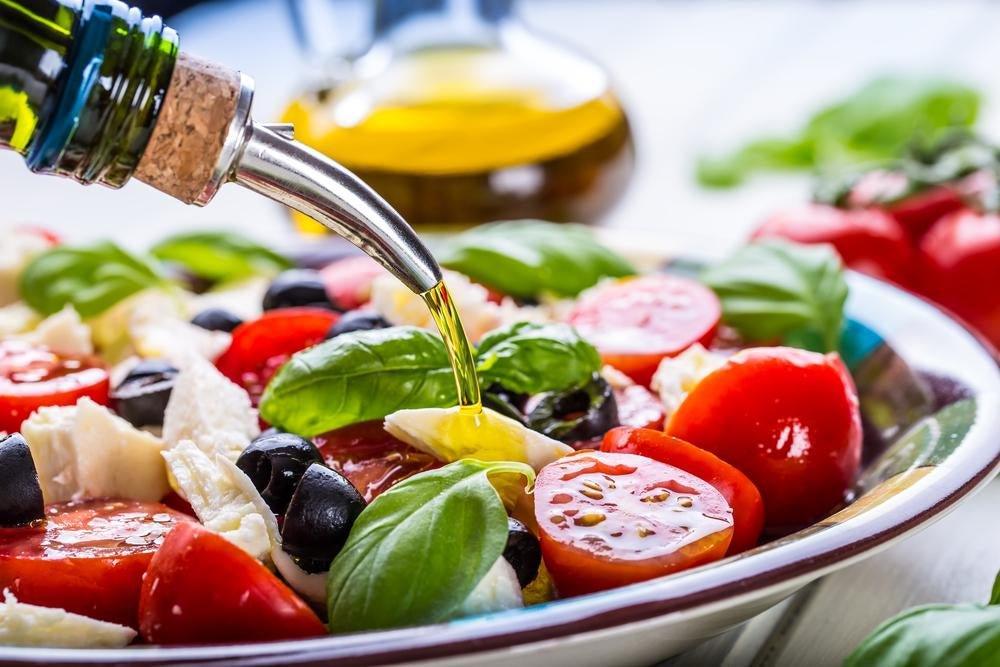
What works best to keep cardiovascular risk factors low, a high fat diet, a Mediterranean diet or a high carbohydrate low fat diet?
Posted by: Didrik Sopler
What works best to keep cardiovascular risk factors low, a high-fat diet, a Mediterranean diet or a high carbohydrate low-fat diet? Research has compared these different approaches a while back, and we have had the results for a while. The reason why they’re still are questions about the...
Read more
The importance of this vitamin and why some people may not be getting enough of it
Posted by: Didrik Sopler
"Thiamine vitamin B1 is an essential cofactor for 4 enzymes involved in the production of energy (ATP) and the synthesis of essential cellular molecules. The total body stores of thiamine are relatively small, and thiamine deficiency can develop secondary to inadequate nutrition, high alcohol consumption, increased urinary excretion and acute...
Read more
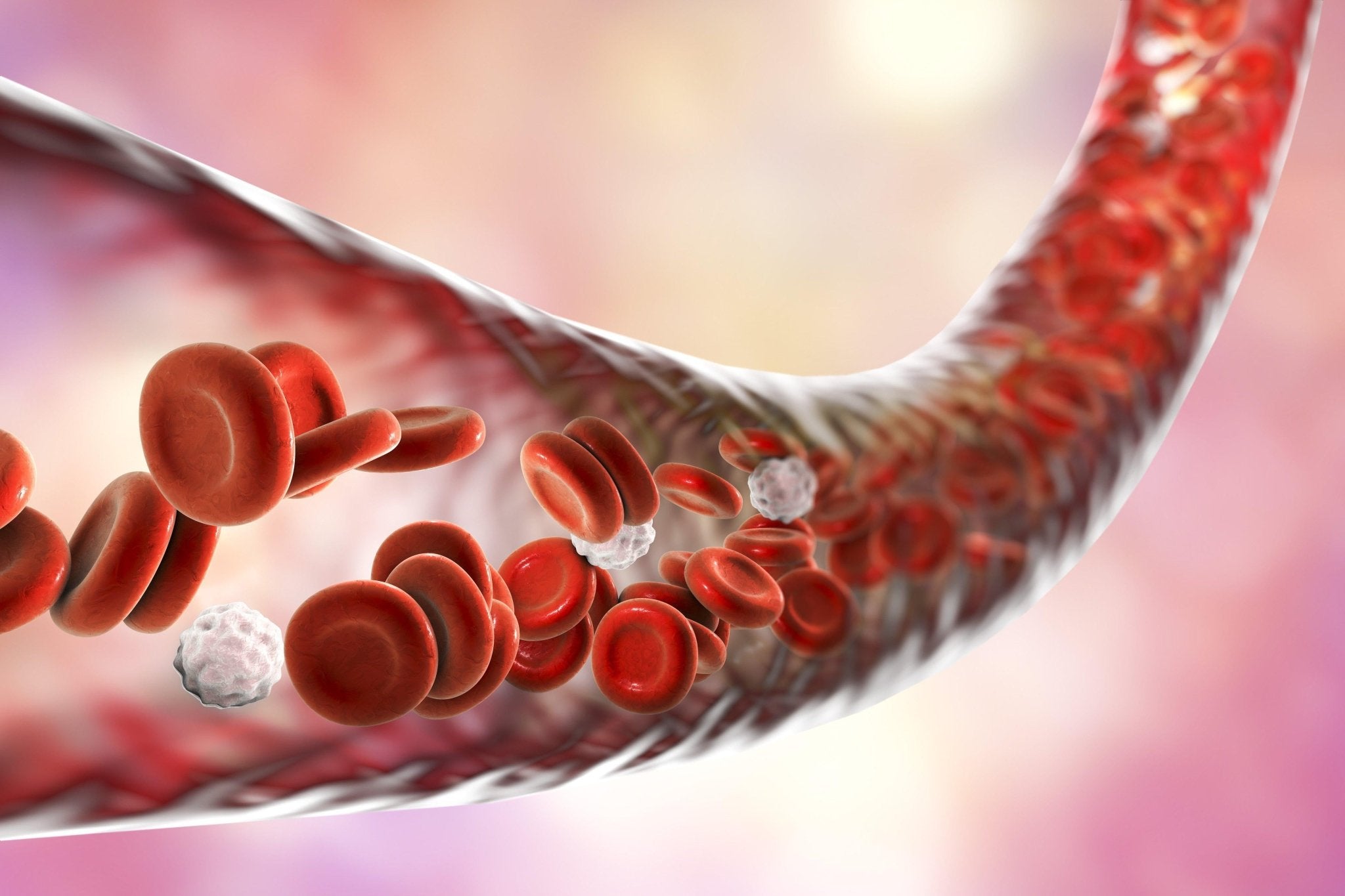
Do normal LDL cholesterol levels protect us from cardiovascular disease?
Posted by: Didrik Sopler
The correct term for LDL is Low-Density Lipoprotein and it is also called the “bad cholesterol” because LDL tends to create plaque in the arteries and atherosclerosis. There are however different opinions about the risk of cholesterol and LDL. I think you will find the following research data interesting. What...
Read more

A lesser-known benefit of a plant based diet
Posted by: Didrik Sopler
You may not have heard about Trimethylamine oxide (TMAO), but this metabolite is created by the bacterial flora in the gut in response to certain food components. This is the process.TMAO originates from a precursor, trimethylamine (TMA) that is a metabolite of mainly choline and carnitine from ingested foods...
Read more

This function is involved in a variety conditions from viral diseases to heart disease, stroke and diabetes
Posted by: Didrik Sopler
Vascular endothelial cells line the entire circulatory system, from the heart to the smallest capillaries. The endothelium is the inner layer of the blood vessels and is extremely important. When the endothelium is functioning normally, it helps to regulate blood clotting, assists the body’s immune response, controls the volume of...
Read more
Showing: 1 -8 of 8



